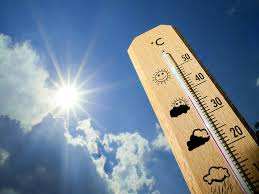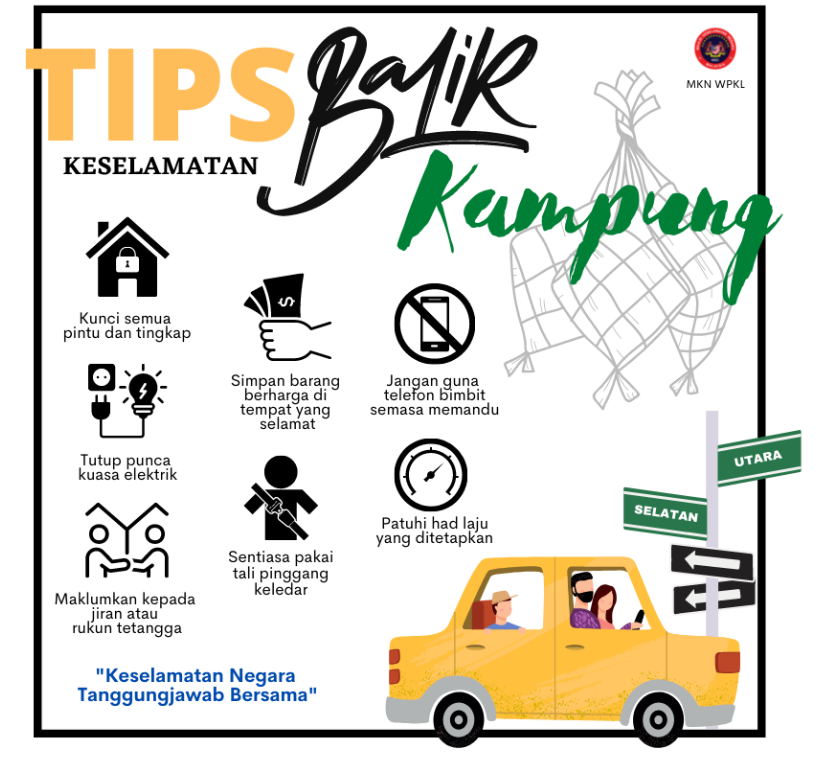The indigenous community in Sabah has for centuries developed a unique system encompassing social, economic, political, spiritual and customs aspects among their community. This system has been safeguarded by indigenous people to create peace, a stable way of life and also to preserve resources and their environment. Although rural communities continue to maintain and practice their own adat or traditional set of values, it has being threatened by the process of modernization. The indigenous traditional knowledge has been lost or denigrated due to many reasons, i.e. lack of knowledge in preserving the importance of indigenous system and their potential.
Therefore, this research took an attempt to identify the traditional knowledge of indigenous people in Sabah and how it contributes to the sustainability of the ecosystem and biodiversity conservation of the locale. This research employs two methods of data collection, i.e. qualitative (focus group discussion and in-depth interview) and quantitative (structured questionnaire). A total number of 841 indigenous peoples from sixteen districts in Sabah were selected as respondents. This research involved 16 districts i.e. Kudat, Pitas, Kota Marudu, Keningau, Tamparuli, Penampang, Kuala Penyu, Sipitang, Ranau, Tuaran, Kota Belud, Membakut, Beaufort, Sook, Nabawan and Tenom. Majority of the respondent were Kadazan, Dusun, Bajau, Murut, Rungus, Bisaya, Sungai and others.
This research found that there were several types of traditional knowledge have decreased from previous times. Nevertheless, there are a few who still practice it, especially the elderly. Findings also shows there are a variety of agricultural practices and medicinal products that are very useful and need to be preserved. Education and training programs should be established with the cooperation between local authorities, NGOs and indigenous communities to create awareness, especially among youngsters, in preserving their precious traditional knowledge and biodiversity resources.
References
Benedict.T. (2003). Kadazandusun Primal Worldviews, Indigenous Knowledge and Traditional Resource Management. Penampang,Sabah: Kadazandusun Cultural Association.
Grenier, L. (1998). Working With Indigenous Knowledge : A Guide For Researchers International Development Research Centre, Ottawa.
Felix.T. (2002). ‘Traditional System of Indigenous Peoples of Sabah, Malaysia. Wisdom Accumulated Through Generations’. Penampang: Pacos Trust.
Khairus Masnan Abdul Khalid. (2012). Mengarusperdana Pemuliharaan Biodiversiti Di Malaysia. Jurnal Pengurusan Awam: 85-101.
Lasimbang,J. (2004). ‘Participatory Mechanisms for Indigenous Communities’. Proceedings of Indigenous Knowledge and Biodiversity in Asia. pg 149-167, AIPP Foundations.
Lasimbang,J. Tainsony H,. 2001. ‘Draft Rules to The Sabah Biodiversity Enactment 2000: A Case Study Of Indigenous Peoples’ Involvement in Sabah, Malaysia,’ Indigenous Peoples Contributions To COP-8 of The CBD. Pg 175-200.
Mohan, G.S. Traditional Knowldege Systems in Biodiversity
Norton, B. G,. 2001. “ Conservation Biology and Environmental Values: Can there be a universal earth ethic?.” In (eds. C. Potvin, et al.) Protecting biological diversity; roles and responsibilities. Montreal: McGill-Queen’s University Press.
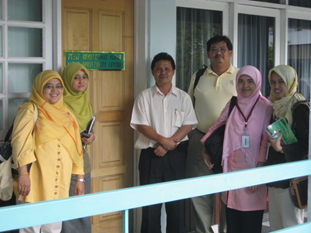
Figure 1: Researcher with Sabah Biodiversity Center staff in Sandakan.
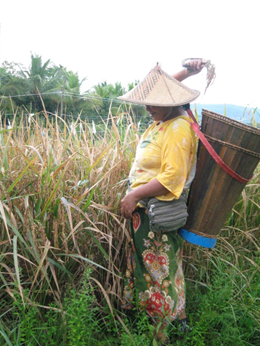
Figure 2: Harvest the traditional way of rice in Ranau, Sabah
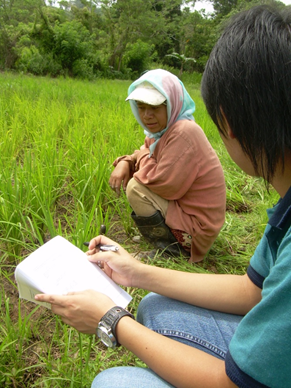
Figure 3: The process of data collection in the Tenom area
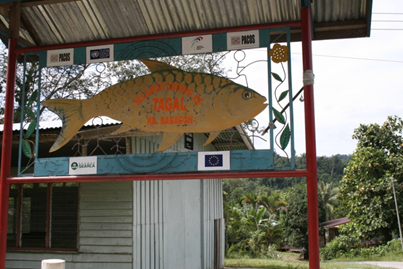
Figure 4: River system signboard in Penampang area
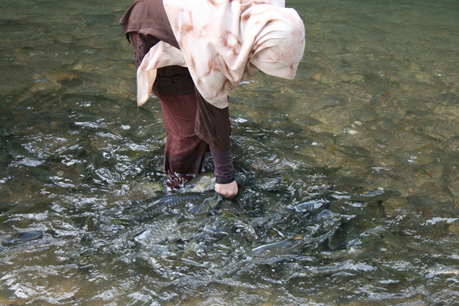
Figure 5: The Sg.Moroli tag system in the Ranau area, the winner of the "River Care Award 2006"
Date of Input: 13/02/2019 | Updated: 13/02/2019 | rozlita
MEDIA SHARING

















